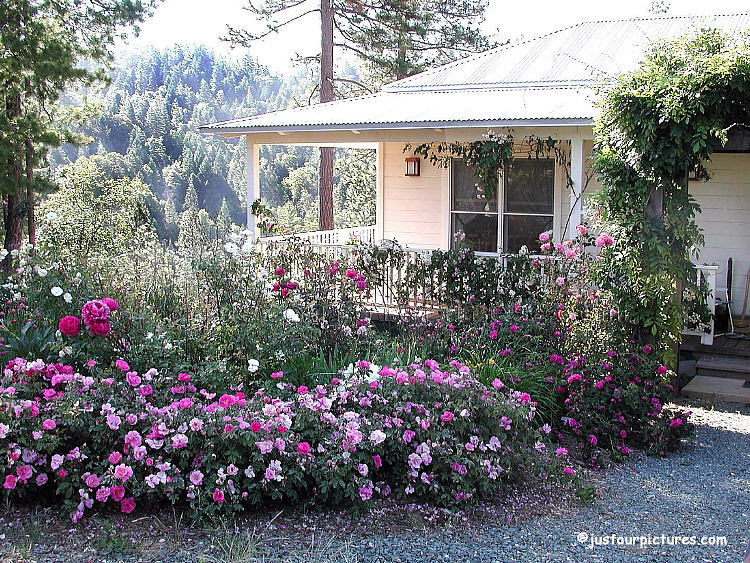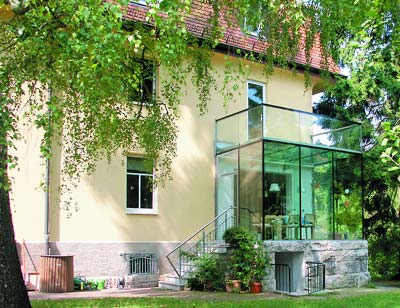From the Third World, unfiltered by mainstream media, YouTube gave me access to entertainment and more. Direct communication between Ethiopia, Tibet, Czechoslovakia and me, between the rest of the world and me. I entered an Ethiopian name and found Dedication to tlahoun gessesse (abate tlahoun) by a popular singer about a legendary singer. Video images documented the legend's life; the video soundtrack sung his praises.
Applied to library websites, YouTube could be interesting for oral history videos and programs.
Friday, March 28, 2008
Web 2.0 2007 Award for Mapping
It is no surprise to me that Google Maps won this award: http://www.seomoz.org/web2.0/short. I first used Google Maps http://maps.google.com when it was called Google Local and soon I preferred it for online white page / yellow page / directions searches because its requirements are less rigid (partial information such as Mayo Clinic without city or state will give results), it combines Google's user-friendly, fierce search speed with mapping, and it is easy to use. Results include web address links. Now I also use the My Maps feature to create and change personally-relevant, customized maps on topics such as Medical and Trip. In a library setting, Google Maps is invaluable on the info/reference desk and in the call center. There's nothing about it I dislike, and, should I discover something, I am confident that Google will ameliorate it in no time.
Thursday, March 27, 2008
Web-based productivity
I love Google and Google Docs beta goes everywhere Google goes, which is anywhere and everywhere, anytime. Being beta gives hope that someday its word processing sophistication will rival software apps such as Microsoft Word and Word Perfect. For now, Google Docs is primitive if one is used to fancy editing tools. But what Google Docs lacks in those, it more than makes up for in its social usefulness. The library's Google Doc Today in the Call Center [now Library] is currently the most useful and widely accessible way for staff to update and share time-sensitive information. Following that experience, I created a personal account Google Doc to share family information including genealogy.
Wednesday, March 26, 2008
Fear Eats the Soul
Favorite Movie added to http://splslearning.pbwiki.com/Favorite+Blogs. I saw this film in the 70s and have never forgotten it. A Turkish "guest worker" in Germany meets an older German woman in a cafe. Their relationship develops despite the disparate and racist societies they inhabit. Their love is beautiful but struggles against surrounding antagonism....PBwiki is great fun, easy to use and easy on the eyes.
We Wiki
And why isn't there a verb form of the noun "wiki"? Using a wiki to generate interest and involvement in a library event such as the Summer Reading Program has been nicely done by Princeton Public Library's BookLovers wiki: http://booklovers.pbwiki.com/Princeton%20Public%20Library. FAQs teach the uninitiated about wikiing (another unknown verb form of wiki) while conveying excitement and encouraging involvement in the SRP. It's a lovely design too.
Library 2.0 and Web 2.0
In the OCLC online newsletter Next Space No.2 ISSN: 1559-0011 2006 article "Away from the 'icebergs'”, the Director of Resource Acquisition, University of Nevada, Reno Libraries, Rick Anderson writes that "if our services can’t be used without training, then it’s the services that need to be fixed—not our patrons." http://www.oclc.org/nextspace/002/2.htm Before Library 2.0, this notion was called "self-service". I thought it was a good thing to encourage patrons--now called customers--to be self-reliant. I thought it helped them feel and be empowered in our library environment. With CREST at our library, emphasis has shifted away from ensuring our services are user-friendly to making our staff user-friendly. We need both. For example, it is ridiculous that the public printers are inscrutable to most users and require one-on-one staff instruction. In my view, being tutored by staff to do simple tasks does not enhance an adult library user's experience.
I Technorati
http://technorati.com/ must be the blogging center of the universe. With links such as "Rising blog posts by attention" and "Rising news stories by attention", Technorati might be a survey-taker's field of dreams, a seeker's route to majority interests and views. Photo searching by tag, small business percolating in blogs, rising posts and stories, every topic tab seeming to swirl with more and more stuff to envelope one in an ocean of information like shoals of fish swiftly changing direction. I am overwhelmed by it, the sheer volume of democratically semi-anarchic thought. Web page color scheme is pleasant enough, but the lack of left and right borders is annoying.
Web Harvesting
Del.icio.us http://del.icio.us/ website provides users with "social bookmarking" tools to bookmark, tag, save, and compare web pages and lists with other users. This method for researching and filtering topics is needed in the Web 2.0 age. Forty years ago, students used index cards to compile research information. Now internet-gleaned information can be compiled and the entire online world can share our individual harvests.
LibraryThing
I like LibraryThing. It's useful as a personal stand-alone online catalog. Plus it has useful shared features; I'm delighted to see Google Books info included. Here's my start:
http://www.librarything.com/catalog/kherman
http://www.librarything.com/catalog/kherman
Subscribe to:
Comments (Atom)







-large.jpg)








.jpg)






